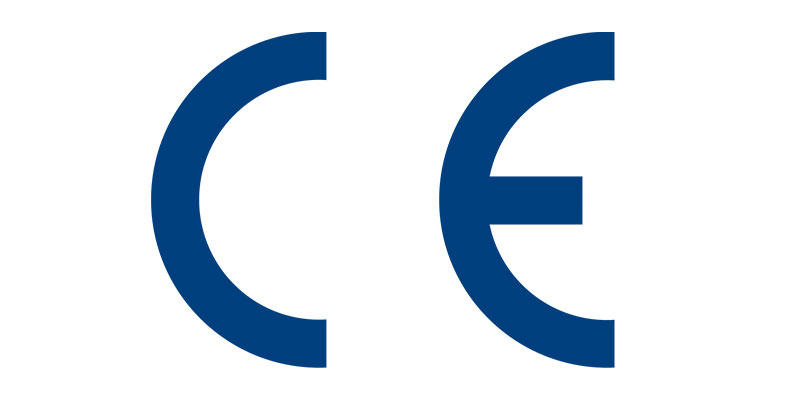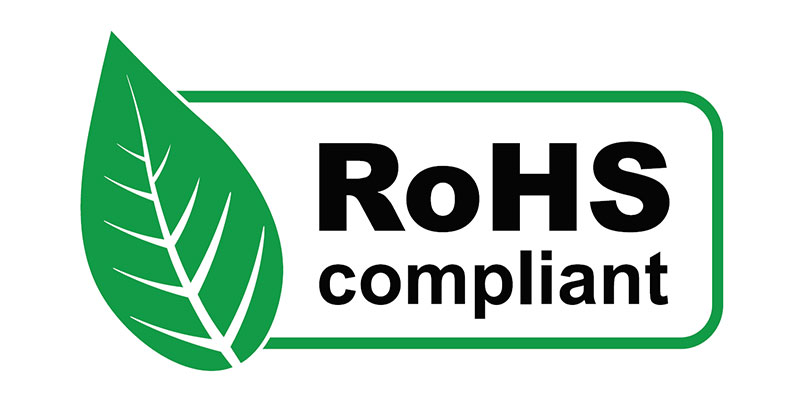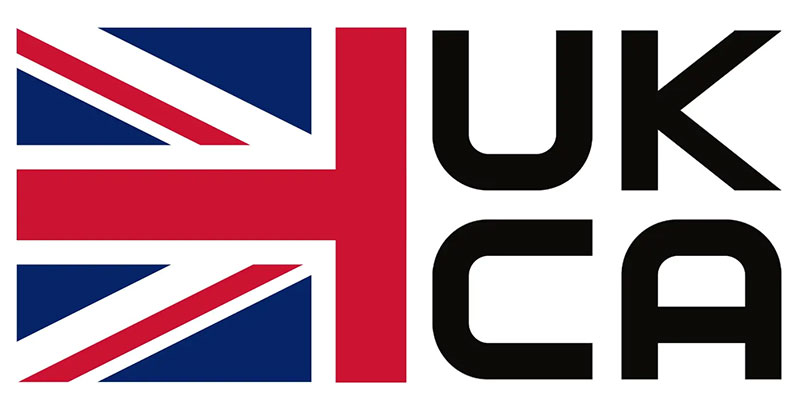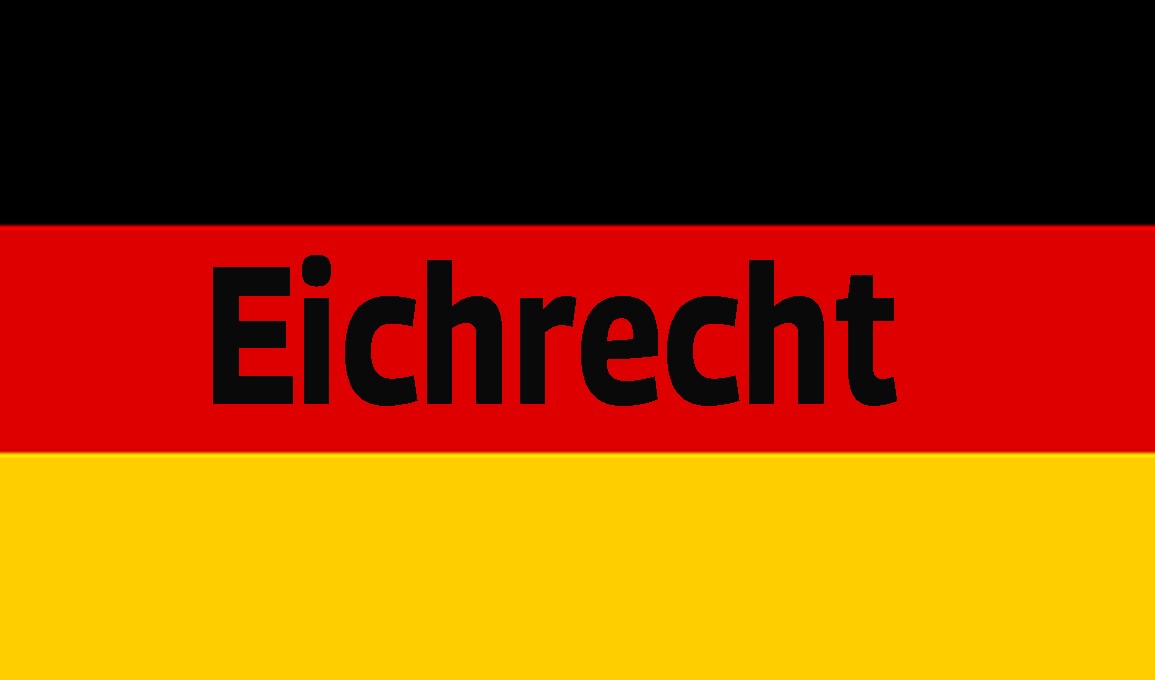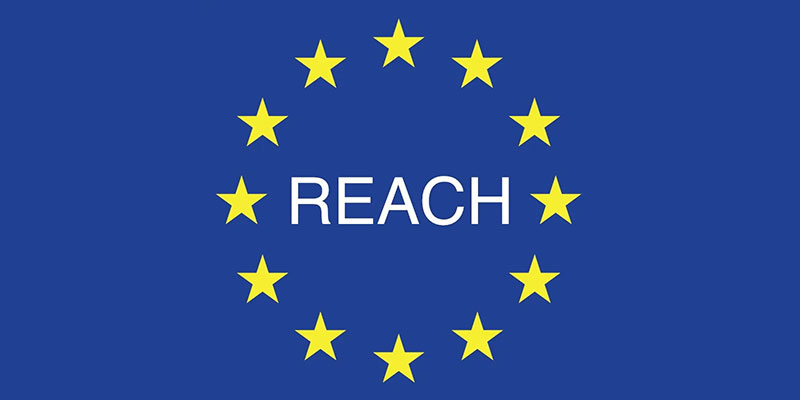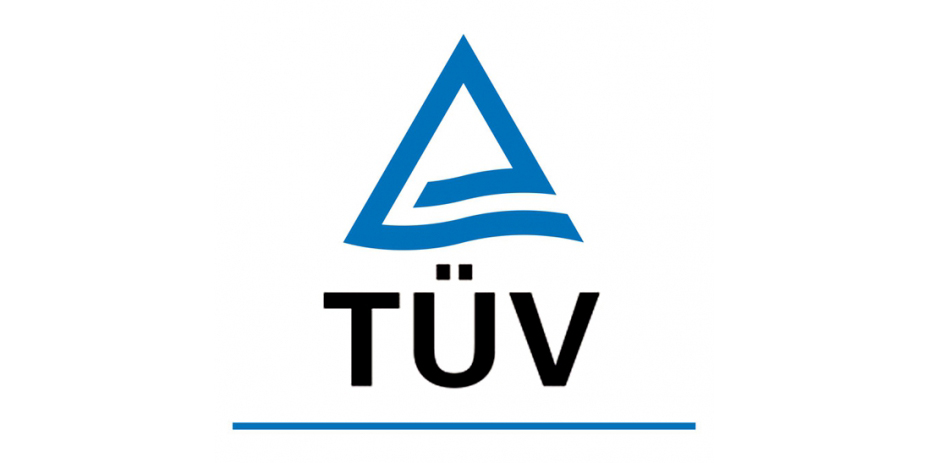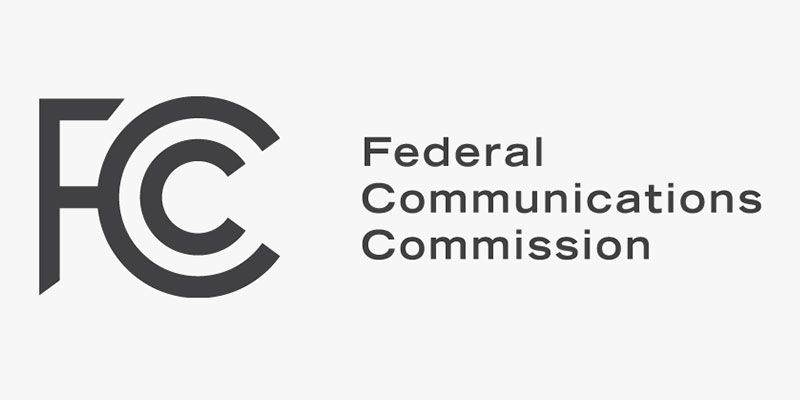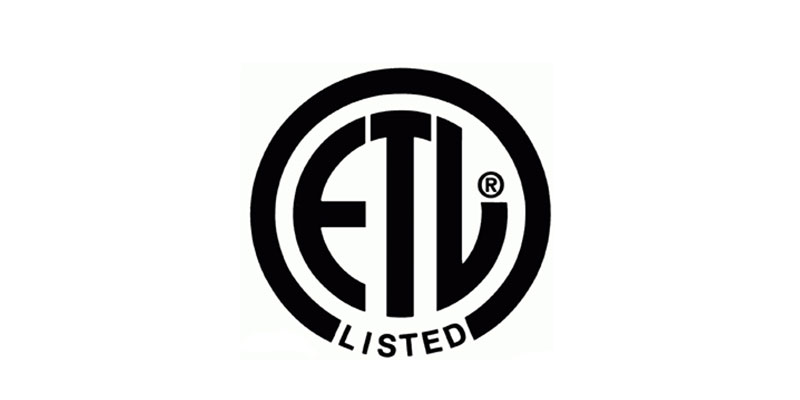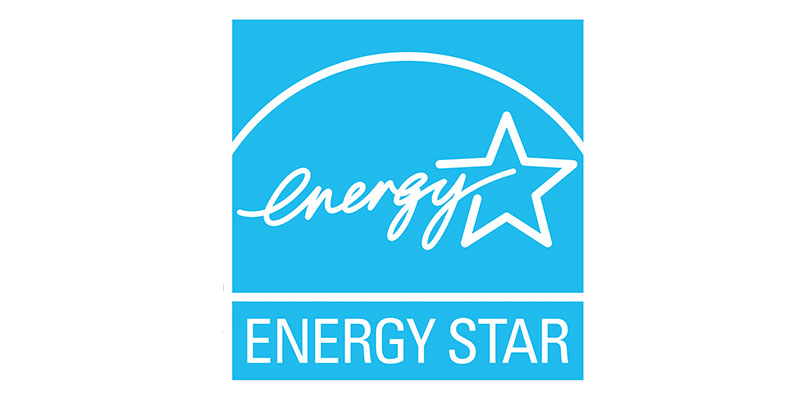As the electric vehicle (EV) industry continues to accelerate, so too does the complexity of regulatory compliance. A myriad of certifications, each with its specific requirements and implications, governs the production, distribution, and sale of electric cars. This blog post delves into five crucial certifications: CE, RoHS, UKCA, REACH, and TÜV. These certifications are essential for ensuring product safety, environmental sustainability, and market access.
Understanding the Importance of Certifications
Certifications are not merely bureaucratic hurdles; they are fundamental to the success of electric vehicles. They signify a product's adherence to rigorous standards, ensuring:
Consumer Safety: Certifications guarantee that electric cars are designed and manufactured to the highest safety standards, minimizing risks to occupants and pedestrians.
Environmental Protection: By adhering to environmental regulations, certifications contribute to reducing the overall environmental impact of electric vehicles.
Market Access: Certifications are often prerequisites for selling products in specific regions or countries. By obtaining the necessary certifications, manufacturers can expand their market reach.
CE Marking: Your Passport to the European Market
CE marking is a mandatory conformity marking for products placed on the European market. It signifies that a product meets EU health, safety, and environmental requirements. For electric cars, CE marking ensures that they comply with a wide range of directives, including:
• Low-Voltage Directive: This directive sets safety standards for electrical equipment, including the batteries and charging systems of electric cars.
• Electromagnetic Compatibility (EMC) Directive: This directive ensures that electric cars do not interfere with other electronic devices and are not susceptible to interference themselves.
• RoHS Directive: This directive restricts the use of hazardous substances in electronic and electrical equipment, including electric cars.
• Vehicle Type Approval Directive: This directive establishes a harmonized framework for the type-approval of motor vehicles.
To obtain CE marking, manufacturers must:
1. Appoint a Notified Body: A notified body is an independent organization that assesses products to ensure they meet specific technical requirements.
2. Technical Documentation: Prepare detailed technical documentation, including design calculations, test reports, and risk assessments.
3. Conformity Assessment: Undergo conformity assessment procedures, which may involve testing, inspection, or both.
4. CE Marking: Affix the CE marking to the product and its technical documentation.
By complying with CE marking requirements, electric car manufacturers can gain access to the vast European market and demonstrate their commitment to product safety and environmental sustainability.
Our Certification Products
Injet Swift
Injet Swift 2.0(coming soon)
Injet Mini 2.0(coming soon)
Injet Sonic
Injet Mini
RoHS Directive: Minimizing Environmental Impact
The Restriction of Hazardous Substances (RoHS) Directive is a European Union directive that limits the use of certain hazardous substances in electrical and electronic equipment (EEE). This includes a wide range of products, from smartphones to electric cars.
Why is RoHS Important for Electric Cars?
Electric cars contain various electronic components, including batteries, inverters, and control modules. By restricting the use of hazardous substances in these components, RoHS helps to:
• Reduce environmental pollution: Hazardous substances, if not properly disposed of, can contaminate soil, water, and air.
• Protect human health: Exposure to hazardous substances can lead to serious health problems, including cancer and neurological disorders.
• Promote sustainable manufacturing: RoHS encourages the use of environmentally friendly materials and processes.
Key Hazardous Substances Restricted by RoHS
The RoHS Directive limits the use of the following hazardous substances:
• Lead (Pb)
• Mercury (Hg)
• Cadmium (Cd)
• Hexavalent chromium (Cr VI)
• Polybrominated biphenyls (PBB)
• Polybrominated diphenyl ethers (PBDE)
Compliance with RoHS
To comply with RoHS, electric car manufacturers must:
• Identify hazardous substances: Conduct a thorough analysis of all components to identify any restricted substances.
• Source compliant components: Procure components from suppliers who can provide RoHS-compliant materials.
• Implement quality control measures: Establish robust quality control systems to ensure ongoing compliance.
• Maintain documentation: Keep detailed records of component sourcing, testing, and compliance.
By adhering to RoHS, electric car manufacturers can contribute to a cleaner and healthier planet while ensuring the long-term sustainability of the EV industry.
Our Certification Products
Injet Swift
Injet Swift 2.0(coming soon)
Injet Mini 2.0(coming soon)
UKCA Marking: Navigating Post-Brexit Regulatory Landscape
The UKCA (UK Conformity Assessed) marking is a new UK product marking that replaced the CE marking for goods placed on the Great Britain market after 1 January 2021. This change was a direct consequence of the UK's departure from the European Union.
Why is UKCA Marking Important for Electric Cars?
Electric car manufacturers and importers who wish to sell their products in Great Britain must now comply with UKCA marking requirements. This ensures that products meet UK product safety, health, and environmental standards.
Key Differences Between CE and UKCA Marking
While there are similarities between CE and UKCA marking, there are also key differences:
- Conformity Assessment Bodies (CABs): UKCA marking often requires UK-based conformity assessment bodies to conduct product assessments.
- Technical Documentation: Specific technical documentation requirements may differ between the two markings.
- Labeling and Packaging: Labeling and packaging requirements may vary, especially for products intended for both the EU and UK markets.
Steps to Obtain UKCA Marking
To obtain UKCA marking, manufacturers and importers must:
- Appoint a UKCA Mark: Designate a responsible person to oversee UKCA marking compliance.
- Conformity Assessment: Undergo the necessary conformity assessment procedures, which may involve testing, inspection, or both.
- Affix UKCA Mark: Apply the UKCA mark to the product and its technical documentation.
By understanding and complying with UKCA marking requirements, electric car manufacturers and importers can ensure smooth market access in Great Britain.
Our Certification Products
Injet Mini 2.0(coming soon)
Eichrecht German: Setting the Benchmark, the pinnacle of European standards
The German calibration law, commonly known as “Eichrecht”, applies to all measuring devices, including electricity meters on EV charging stations.In the field of EV charging, the primary objective of the law is to uphold the principles of accuracy and transparency. It mandates the precise measurement of the energy consumed during charging sessions, ensuring that every unit of energy delivered is correctly accounted for.
Additionally, it emphasizes providing consumers with clear and comprehensive information about their charging usage and costs, enabling them to independently verify the accuracy of their bills. This approach not only builds trust between charging service providers and consumers but also sets a benchmark for fair and equitable practices within the EV charging ecosystem.
What are Eichrecht requirements for EV charging?
Charging Scenarios
Eichrecht applies when drivers pay for EV charging, covering public and semi-public charging scenarios. Private workplace chargers requiring payment must also comply. Free workplace charging for employees and private home chargers are exempt.
Accuracy and Transparency
Charging stations must feature a PTB-certified energy meter to measure and periodically calibrate energy delivered. They must display energy usage, date, and time. Drivers can verify charges via an app or web portal.
The German government plans to install one million public EV charging stations by 2030. Unlike the reliable fuel metering at gas stations, measurement technology for fast chargers is still evolving.
To ensure accuracy, the Physikalisch-Technische Bundesanstalt (PTB) has designed a highly precise measuring system specifically for this purpose. Integrated into the charging circuit between the station and the electric vehicle, the system utilizes a power analyzer calibrated to PTB’s national standards. It not only measures energy transfer but also provides detailed information on the waveform and frequency components of the electrical signals.
Data and Security
Meters or displays must show energy consumed and timestamps. Meter data is signed with a private key stored on the charger, encrypted, and sent to the backend CPMS.
Our Certification Products
Injet Mini 2.0(coming soon)
Injet Swift 2.0(coming soon)
REACH Regulation: Ensuring Chemical Safety in Electric Cars
The Registration, Evaluation, Authorisation, and Restriction of Chemicals (REACH) Regulation is a European Union regulation that governs the production and use of chemicals. It aims to ensure a high level of protection of human health and the environment.
How Does REACH Impact Electric Cars?
Electric cars contain a wide range of chemicals, from those used in batteries to those used in coatings and plastics. REACH requires manufacturers and importers to:
- Register substances: Companies must register substances produced or imported in quantities of one tonne or more per year.
- Evaluate substances: Conduct assessments to determine the potential risks to human health and the environment.
- Authorise substances of very high concern (SVHCs): Certain substances identified as SVHCs require specific authorization before they can be used.
- Restrict substances: REACH can restrict the use of certain substances if they pose unacceptable risks.
Key Implications for Electric Car Manufacturers
REACH has significant implications for electric car manufacturers, including:
- Supply chain management: Manufacturers must work closely with suppliers to ensure that all chemicals used in the production process are compliant with REACH.
- Substance identification: Identifying all substances used in electric cars, including those in complex materials and mixtures, can be challenging.
- Risk assessment: Conducting thorough risk assessments to evaluate the potential hazards of chemicals is essential.
- Authorisation and restriction: Staying informed about the latest restrictions and authorisations for substances used in electric cars is crucial.
By understanding and complying with REACH, electric car manufacturers can contribute to a safer and more sustainable future.
Our Certification Products
TÜV Certification: A Seal of Quality for Electric Cars
TÜV, or Technischer Überwachungsverein, is a German technical inspection association that provides a wide range of testing, inspection, and certification services. A TÜV certification for an electric car signifies that the vehicle has undergone rigorous testing and meets high-quality standards.
Why is TÜV Certification Important?
TÜV certification offers several benefits for electric car manufacturers and consumers:
- Enhanced Product Safety: TÜV's stringent testing procedures help ensure that electric cars are safe to operate and free from defects.
- Improved Reliability: TÜV certification indicates that the vehicle is reliable and durable, reducing the risk of breakdowns and malfunctions.
- Enhanced Consumer Confidence: A TÜV certification can boost consumer confidence in the quality and safety of an electric car.
- Market Access: In many countries, TÜV certification is a prerequisite for market entry.
Key Areas of TÜV Certification for Electric Cars
TÜV certification for electric cars typically covers the following areas:
- Battery Safety: Testing the battery's performance, thermal stability, and safety features.
- Electrical Safety: Assessing the safety of the vehicle's electrical systems, including wiring harnesses and charging infrastructure.
- EMC Compliance: Ensuring that the vehicle complies with electromagnetic compatibility standards, preventing interference with other electronic devices.
- Environmental Impact: Evaluating the vehicle's environmental performance, including emissions and energy efficiency.
- Functional Safety: Assessing the safety of the vehicle's electronic control systems.
By obtaining TÜV certification, electric car manufacturers can demonstrate their commitment to quality, safety, and environmental responsibility.
The electric vehicle industry is rapidly evolving, and with it, the regulatory landscape is becoming increasingly complex. The five certifications we've explored—CE, RoHS, UKCA, REACH, and TÜV—are essential for ensuring the safety, environmental sustainability, and market access of electric cars.
By understanding and complying with these certifications, electric car manufacturers can:
- Mitigate Risks: Reduce the risk of product recalls, legal liabilities, and reputational damage.
- Enhance Product Quality: Implement robust quality control measures to ensure product reliability and durability.
- Expand Market Reach: Gain access to global markets by meeting the specific requirements of different regions.
- Contribute to a Sustainable Future: Promote sustainable manufacturing practices and reduce the environmental impact of electric vehicles.
Our Certification Products
Introduce electric vehicles into the US market
To successfully introduce electric vehicles into the US market, manufacturers must comply with a set of specific certifications. These certifications ensure product safety, electromagnetic compatibility, and energy efficiency.
FCC Certification
The Federal Communications Commission (FCC) is a US government agency responsible for regulating interstate and international communications. FCC certification is mandatory for any electronic device, including electric vehicles, that emit radio frequency (RF) radiation.
Why is FCC Certification Important?
- Preventing Interference: FCC certification ensures that electric vehicles do not interfere with other electronic devices, such as radios, televisions, and cellular phones.
- Ensuring Safe RF Exposure: The FCC sets limits on the amount of RF radiation that can be emitted from electronic devices, and certification ensures that electric vehicles comply with these limits.
Our Certification Products
ETL Certification
ETL (Intertek) is a global testing and certification organization that provides a wide range of services, including product safety certification. ETL certification is a recognized mark of safety and quality in the US.
Why is ETL Certification Important?
- Product Safety: ETL certification ensures that electric vehicles meet specific safety standards, including electrical safety, fire safety, and mechanical safety.
- Market Access: Many retailers and distributors require products to be ETL certified before they can be sold.
Our Certification Products
Energy Star Certification
The Energy Star program, administered by the US Environmental Protection Agency (EPA), recognizes products that meet strict energy efficiency guidelines. Energy Star certification for electric vehicles can help to reduce energy consumption and greenhouse gas emissions.
Why is Energy Star Certification Important?
- Energy Efficiency: Energy Star certified electric vehicles are more energy-efficient, reducing operating costs for consumers.
- Environmental Benefits: By reducing energy consumption, Energy Star certified vehicles help to mitigate climate change.
- Consumer Appeal: The Energy Star label can help to attract environmentally conscious consumers.
Our Certification Products
As the electric vehicle industry continues to grow, it is crucial for manufacturers to stay informed about the latest regulatory developments and to work closely with certification bodies to ensure compliance. By navigating this complex regulatory landscape, manufacturers like injet, we can drive the adoption of electric vehicles and contribute to a cleaner and more sustainable future.
If you have business with the electric vehicle chargers on the EU or US market, Injet can be your best partner.



